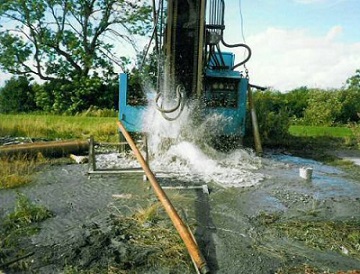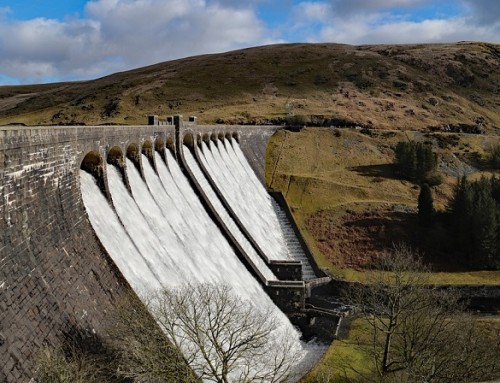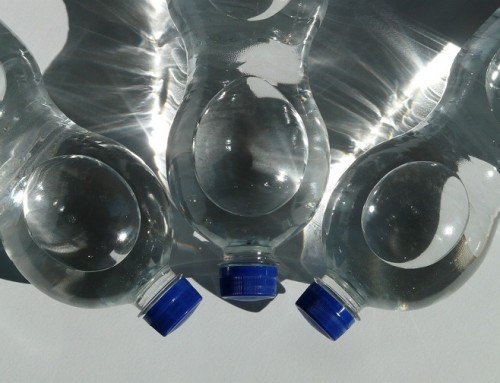 What is it?
What is it?
Subsistence is the phenomena where the ground starts to sink as a result of the subterranean erosion of rock or the creation of voids, or caves, through other means.
How does it occur?
Excessive over-drafting or over-pumping of water can cause an accelerated rate of erosion of limestone and other soft rocks underground. This causes an empty space or void to form and over time the surrounding overburden (surface ground) starts to sink. Mining and gas extraction practises cause a similar effect to occur.
What areas are prone to it?
Areas that have a high level of subterranean rocks that are soluble could pose a particularly large risk in terms of groundwater-related subsistence. With regards to mining and other industrial operations, it’s more dependent on the type of mining being used and the safety standards that should be in place considering the kind of rock that is being dug through. Karst landscapes, or landscapes which already have a number of pre-existing subterranean caverns are particularly prone to sinkholes occurring.
What are the dangers?
The main danger from subsistence is that of a sinkhole occurring. Sinkholes can be defined as the rapid collapse of the surface ground into a large cavern or void. Many people have lost their lives when this occured and even entire houses have disappeared into sinkholes.
What mitigations and preventative measures are taken?
Correct assessments by geological surveyors and hydrogeology experts needs to be the first order of ensuring that the piece of land mass which is intended for pumping water, mining operations and other industrial processes is sustainable for those activities and the possibility of a sinkhole will not occur. As with all those practises, a certain amount of subsistence can occur, but it is about operating within safe parameters.
Once the land has been cleared to be used for industrial and mining operations, there is a certain amount of responsibility of the companies who are appropriating resources from the subterranean area to avoid over-exploitation. Over-exploitation itself may cause not only sinkholes to occur, but a large variety of other ecological disasters too.
Conclusion:
With ever growing demand and pressure for fresh drinking water nowadays, the answer lies towards conservation rather than increasing supply by groundwater pumping. Further exploitation of natural underground water is not the solution to our woes and the public should steer away from the practise demonizing the bottled water company that uses tapped water as its water source. As long as they follow through with filtrations and water treatment methods, there should be no qualms.
Water cooler hire in London from Living-Water. Get a free water cooler trial and free site water needs assessment in London.





